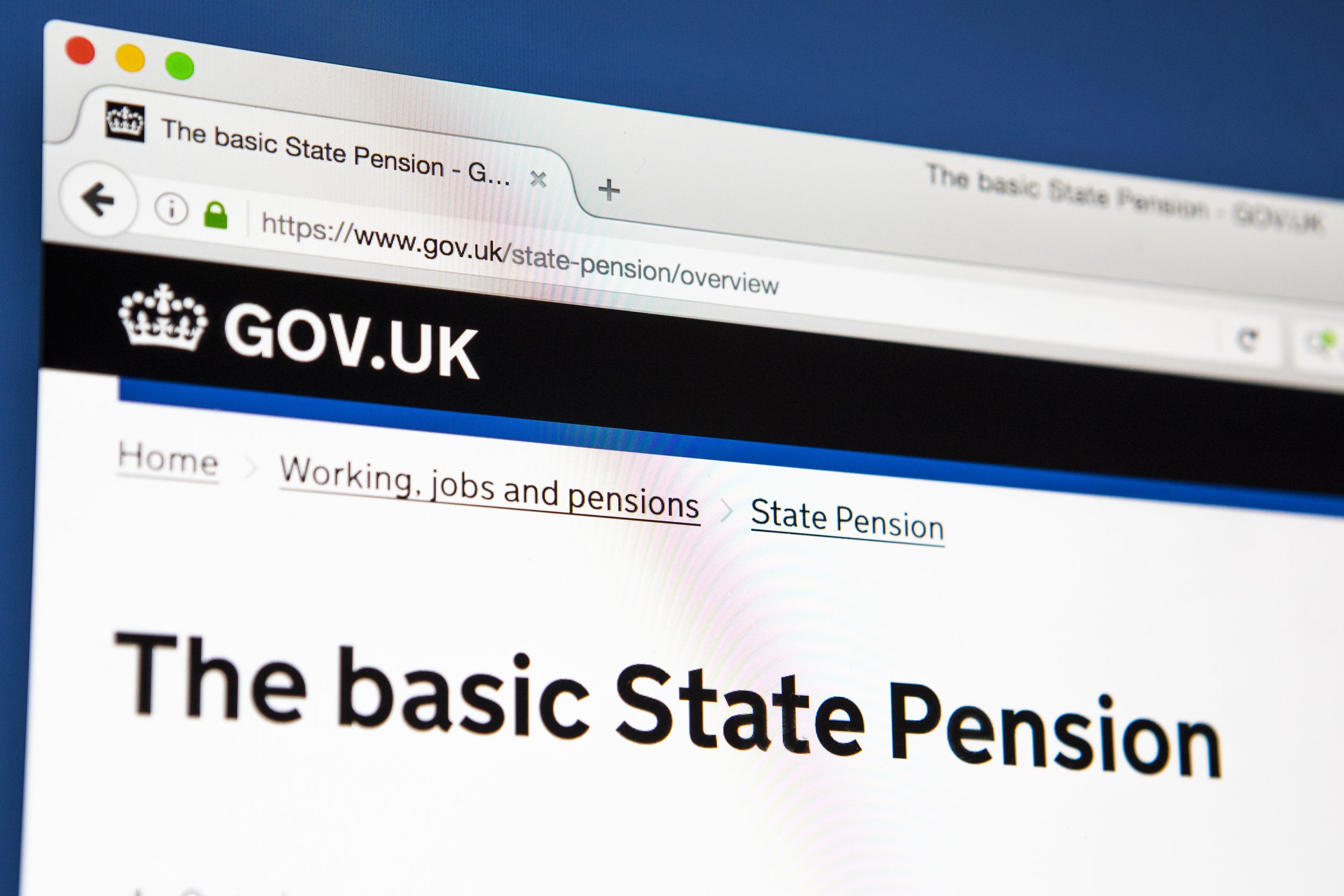UK - State Pension & National Insurance Contributions
What is the maximum new State Pension?
The new State Pension is available to men who reached their retirement age of 65 on or after April 6, 2016 and to women who reached a retirement age of 65 after November 2018. From December 2018 the State Pension age for both men and women will start to increase to reach 66 by October 2020. The maximum amount that you can receive is £185.15 a week (in the 2022/23 tax year), but this is based on your accumulated National Insurance years. If you haven’t made enough NIC’s, then you won’t receive your full entitlement to the State Pension. For example, for every year missed, this will reduce the amount received by £5.29 a week or by an annual reduction of £275 per year. However, you may be able to pay voluntary contributions to buy missing years in your NI record in order to increase the amount you receive.
You will usually only be eligible for the maximum new State Pension if you’ve made 35 ‘qualifying years’ of NICs, and you must have at least 10 years’ to receive any State Pension at all. (If you already have at least 4 qualifying years on your NI record, and you are a man born after 5th April 1951 or a woman born after 5th April 1953, you can currently pay for any gap since April 2006, in order to qualify to receive the State Pension). You’ll get qualifying years for every year you worked in the UK (assuming a salary above a certain threshold), or if you’re paying voluntary contributions because you are self-employed or work abroad. You can also get NI credits if you’ve taken time out of your career to bring up children or look after someone who’s ill or disabled.
If you can afford to, you can take advantage of the extended deadline until 31st July 2023, to buy any missing years since April 2006, in your NI record to boost the amount of State Pension you receive in retirement. After July 2023, you will not be able to pay for any gaps going back more than 6 years.
Do you have missing years in your National Insurance record?
The first thing you need to do is work out where you currently stand and if you have any missing years in your National Insurance record. If the amount isn’t what you’re expecting, and you’re not on track to receive the full amount (currently £185.15 a week in 2022/23) you need to check your NI record, which will show you any incomplete years in your record since 2006. If you have gaps, you might want to consider paying voluntary contributions to fill these in order to receive a higher State Pension.
Buying extra years involves paying what are known as voluntary Class 2 or Class 3 NI contributions, and the rate is currently £3.15 per week and £15.85 per week respectively, for the tax year 2022/23. Therefore, there is a saving of over £660 per year to be made if qualifying to pay for Class 2 contributions as compared to Class 3 NI contributions, in order to fill missing years. Thus by buying missing years, the State Pension paid will increase by £275 a year (£5.29 a week).
You can find out how much State Pension you are likely to receive by requesting a State Pension forecast. Based on your NI record, this will tell you how much State Pension you could get if you continue working up to State Pension age; when you can get it and how to increase it.
Paying voluntary National Insurance contributions while you are
abroad.
Buying extra years involves paying what are known as voluntary Class 2 or Class 3 National Insurance contributions. If you are employed or self-employed abroad and if you satisfy either of the following conditions:i
a. you have lived in the UK for a continuous 3-year period at any time before the period for which National Insurance contributions are to be paid,
OR
b. before going abroad, you paid National Insurance contributions
AND
c. you must also, immediately before going abroad, have been ordinarily an employed or self-employed earner in the UK.
Future changes to UK State Pension age.
The State Pension age will rise to 67 by the end of 2028 and subject to review within two years of the next parliament it may rise to 68 by the end of 2046. However, it is also worth noting that under the current triple lock system, the state pension increases each April in line with whichever of these three measures is highest: inflation, as measured by the Consumer Prices Index (CPI) in the September of the previous year; the average increase in wages across the UK; or by 2.5%.
In summary, if you are eligible for the UK State Pension, you need to have at least 35 years of contributions from National Insurance contributions to receive the full state pension. Unfortunately, many expats who previously worked in the UK, when they left to work overseas, now have a significant shortfall. However, until the 31st July 2023, you can still receive a full state pension if you have missed making NI contributions in any year since 2006. The clock is ticking and this is the last chance for anyone with missing years to claim the full state pension. What is even better is that it should be possible to pay Class 2 NI contributions which will cost approx. 75% less than if you had to pay Class 3 contributions. For most people, paying voluntary NI contributions in order to top up your UK state pension makes excellent financial sense.
If you would like to discuss any area of personal finance, the author can be contacted at dermot.monaghan@holbornassets.com or simply use the Book A Call Back button at the bottom right of your screen.




